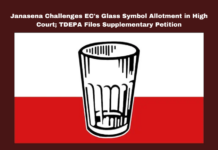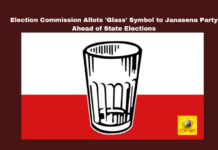Trying to hide from the memories of last night? Despite your best efforts, you try to recollect what you did and there you go, you see yourself all over again doing the things you can’t believe you did! The words spoken out loud from your mouth were the words you didn’t intend to say but you eventually did. Believe it or not, you did what your sober mouth wouldn’t have the guts to. You try to erase the memories that seemed to be hazy but clear at the same time because as much as you try to deny it you know, IT WAS THE TRUTH!

But why do we speak the truth only when we get drunk? Have you ever given it a thought?
According to a new study that tests alcohol’s effects on brain activity, from the University of Missouri the brain signals that warn a person from committing a mistake gets “dull” or grey, ultimately reducing self-control. Bruce Bartholow, associate professor of Psychology at the MU College of Arts and Science said, “Our study isn’t the first to show that alcohol reduces this alarm signal, but contrary to previous studies, our study shows that alcohol doesn’t reduce your awareness of mistakes – it reduces how much you care about making those mistakes.” So you actually know what you’re doing but you just care less. Alcohol thus becomes your medium to speak the truth and care ‘LESS.’”
To prove the said notion, Bartholow along with his team performed a brain activity that involved completing a computer task, designed to draw errors. Sixty people, participated in the activity where one-third of the participants were given alcoholic drinks and rest given no alcohol or a placebo beverage. The result showed that the group who had consumed alcohol made more mistakes than other participants in the groups– indicating they were less likely to slow down and be more careful in the task. In addition to this, the researchers also noticed their accuracy in the computer task as well as the perceived accuracy and the change in participants “mood.”
Bartholow said, “In tasks like the one we used, although we encourage people to try to respond as quickly as possible, it is very common for people to respond more slowly following an error, as a way of trying to regain self-control. That’s what we saw in our placebo group. The alcohol group participants didn’t do this.”
During the test, researchers found that the size of the brain’s alarm was connected with the participant’s mood. They also found out that the participants in the alcohol group felt “less negative” after drinking! Those who had consumed alcohol were less likely to point out errors than the those in the placebo group. Bartholow further added, “There are certain circumstances under which reducing the brain’s alarm signal could be seen as a good thing for people with anxiety disorders or are hypersensitive to things going wrong. In some people, a small amount of alcohol can take the edge off those anxious feelings, but consistently drinking as a way to reduce anxiety can lead to serious problems, including alcoholism.” The findings are an important step and will help us understand how alcohol affects the brain to contribute to the kind of mistakes we make when we’re drunk!





































